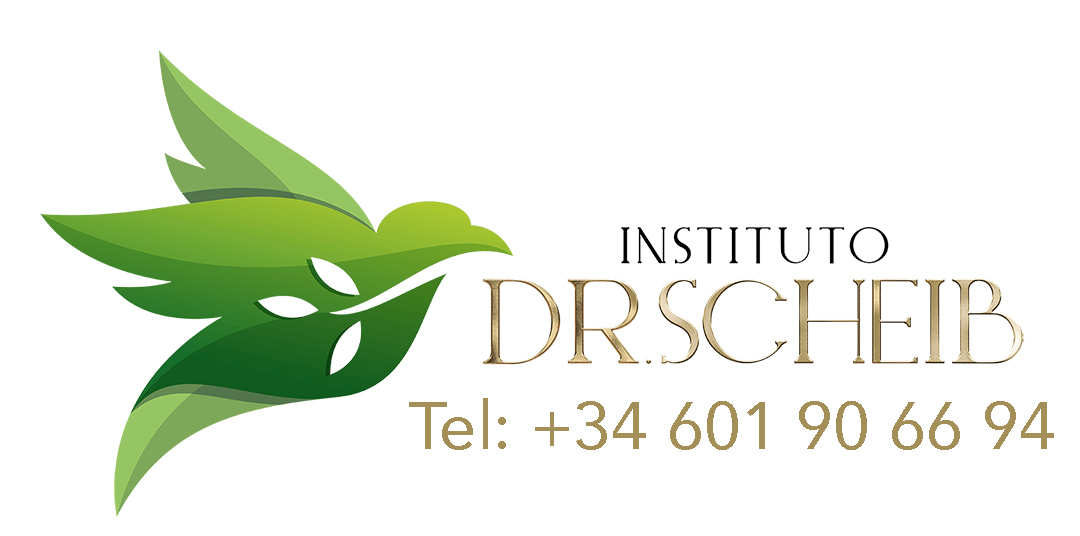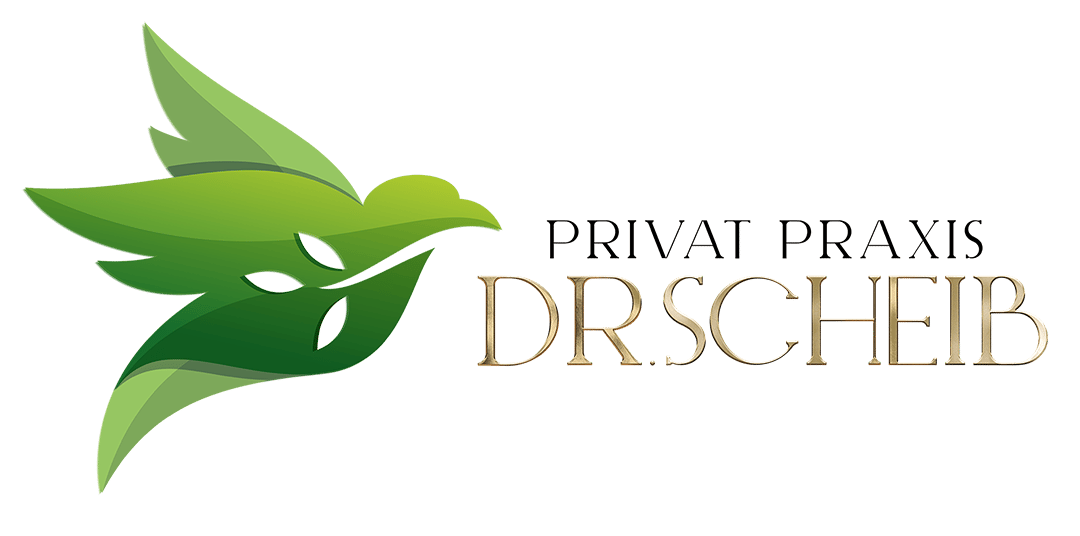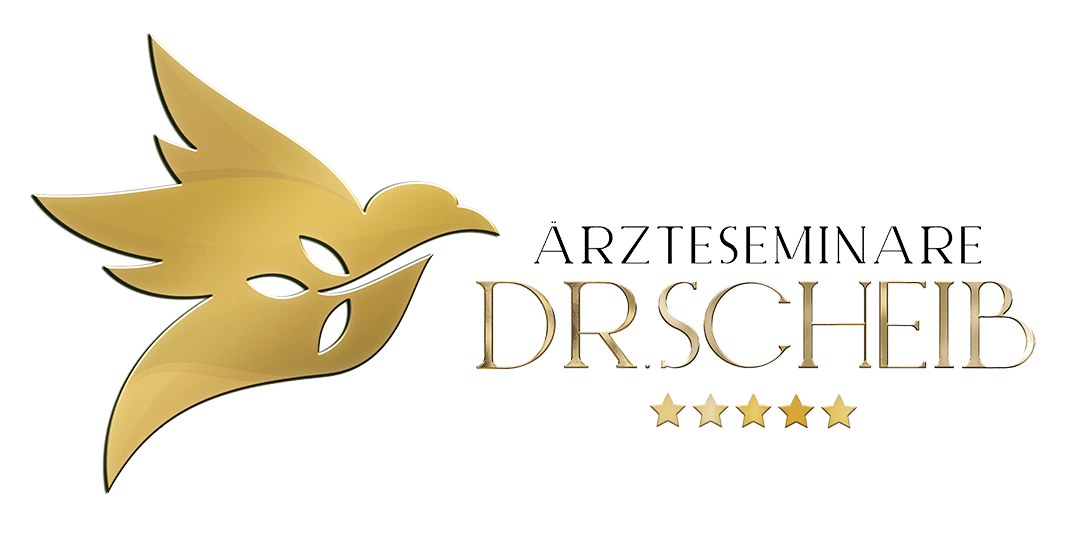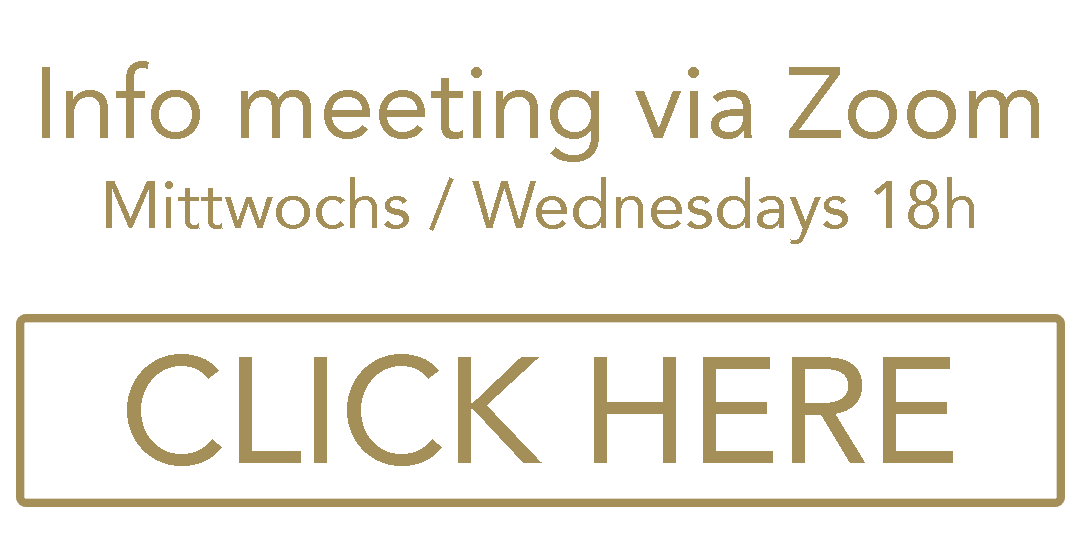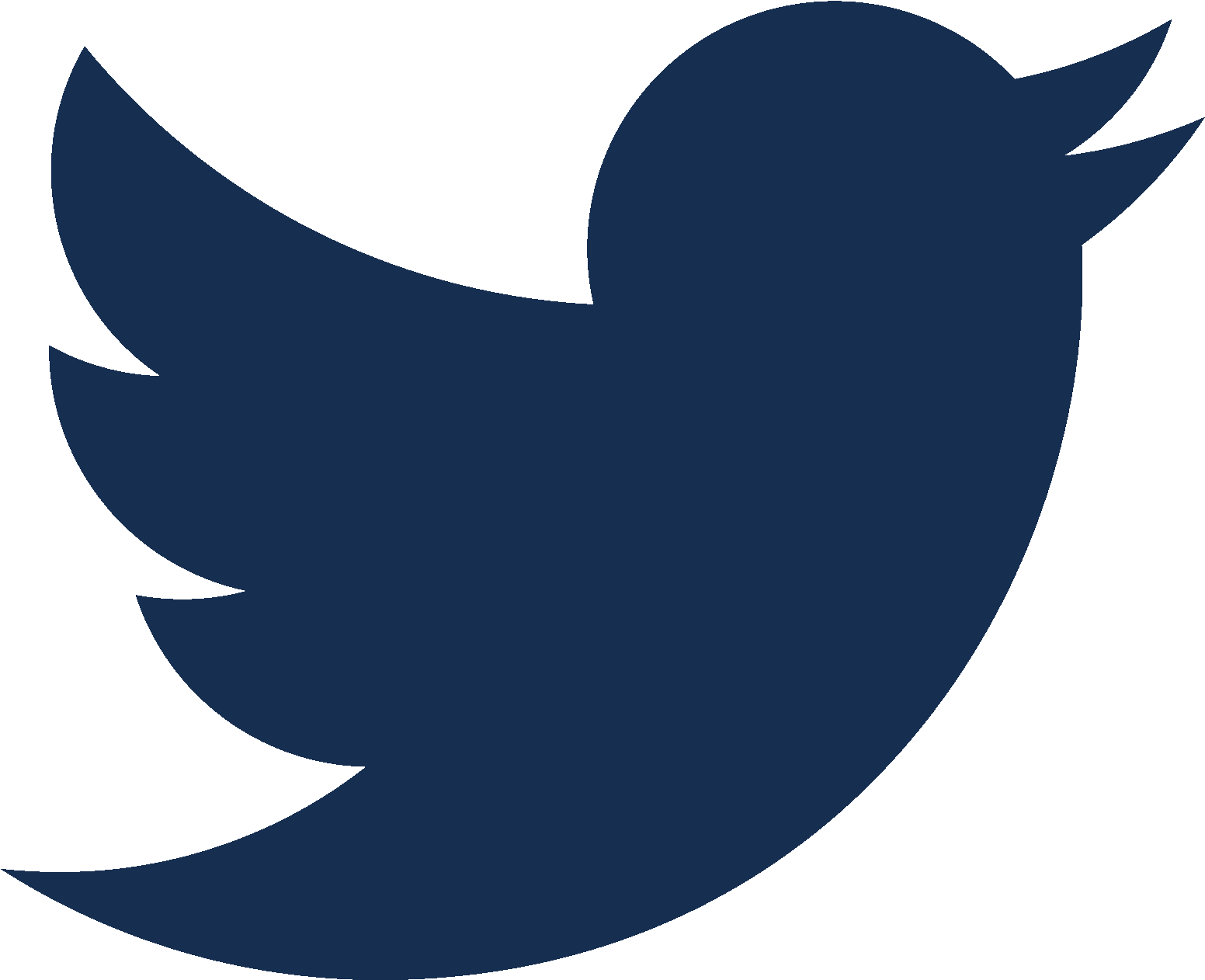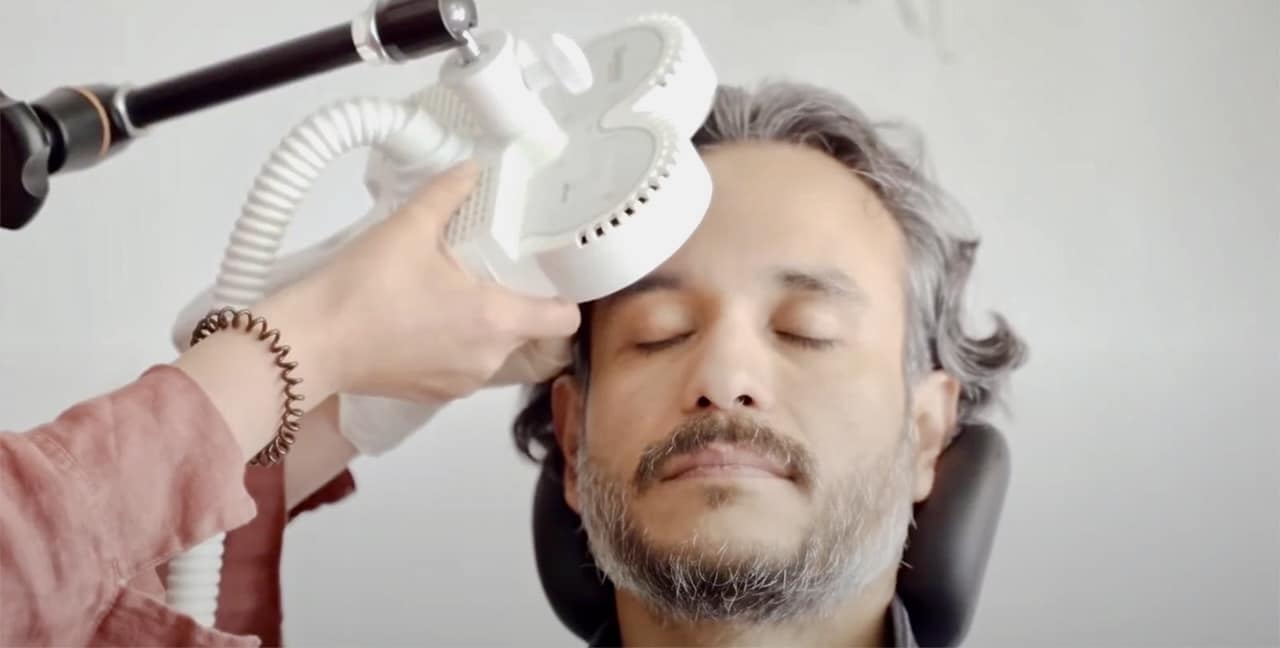rTMS, or repetitive transcranial magnetic stimulation, has proven particularly effective in the treatment of depression and addiction, but is usually also effective in the treatment of tinnitus, burnout, anxiety, and sometimes Alzheimer’s dementia.
At the Dr. Scheib Clinic in Mallorca, rTMS treatment is often used in combination with our ketamine therapy, especially in the treatment of depression.The ketamine makes the brain respond even better to rTMS treatment. But rTMS can also be used for other pathologies.
Since the summer of 2020, we have also been offering rTMS treatments in Germany. At our locations in Berlin and Munich, we use the same therapy methods that have proven successful in our clinic in Mallorca and Andalusia.
If you are interested in our therapy, please take a few seconds to fill out our contact form. We will set up a preliminary phone interview at your convenience to determine your individual therapy. We will be happy to answer further questions personally:
What is rTMS?
The repetitive transcranial magnetic stimulation (rTMS) treatment stimulates parts of the brain with a strong, pulsating magnetic field. This improves blood flow to certain parts of the brain and stimulates or dampens the cells’ electrical activity, depending on the frequency.
Repetitive transcranial magnetic stimulation (rTMS) is non-invasive and can also be used in pregnant women.
A treatment session usually lasts about 20 minutes. Sometimes mild muscle twitching and a temporary mild headache occur. Overall, however, rTMS is very well tolerated. In order to find the ideal stimulation site in the brain, we work with an innovative system that measures the influence of the magnetic impulses on the heart action (HRV extension). This allows us to achieve an optimal placement of the magnetic coil.To achieve lasting effects should be 20 to 30 stimulations.
Repetitive transcranial magnetic stimulation (rTMS) was already approved by the U.S. Food and Drug Administration (FDA) in 2008 for the treatment of treatment-resistant depression and in 2018 for obsessive-compulsive disorder. German scientific guidelines for the treatment of depression (S3-Leitlininen) also recommend rTMS as a possible therapeutic method for depression. There are now comprehensive studies demonstrating the efficiency and safety of the procedure.
rTMS treatment for depression
RTMS for the treatment of depression has even been shown in various studies to be significantly more tolerable and effective than conventional antidepressants. This also applies, for example, to postpartum depression. Since all antidepressants also pass into breast milk, rTMS appears to be an interesting alternative in the treatment of postnatal depression. Repetitive transcranial magnetic stimulation can also be used for manic-depressive disorders in the depressive phase.
In rTMS treatment for depression, stimulation is usually applied to the dorsolateral prefrontal cortex, a region of the cerebral cortex in the anterior temporal area. Magnetic pulses with a frequency of 1 to 10 Hz are used, sometimes even higher. Magnetic fields of up to 3 Tesla are used – about the same magnetic strength as in an MRI. In Alzheimer’s dementia, rTMS can also be used to stimulate the frontal brain.
We use rTMS for depression in combination with ketamine therapy and other treatments such as hypnosis, intensive psychotherapy, tDCS and neurofeedback. We have been using this treatment concept successfully for several years as one of the first clinics in Europe. Treatment with our combination therapy rTMS and ketamine shows significantly more stable results than treatment with repetitive transcranial magnetic stimulation alone.
Other uses of rTMS
rTMS for obsessive-compulsive disorders
Obsessive-compulsive disorders are usually treated pharmacologically with SSRIs, but this usually requires very high doses. Here, too, the urge to perform certain compulsions can be significantly reduced by rTMS treatment and often proves superior to drug treatment. New concepts combine magnetic stimulation with ketamine infusions and hypnosis. In most cases, these treatments provide significant and lasting improvement in obsessive-compulsive symptoms.
rTMS in addictive disorders
In recent years, repetitive transcranial magnetic stimulation (rTMS) has been increasingly used in the treatment of addictive disorders. Even for non-substance addictions such as gambling addiction or Internet addiction, treatment with rTMS shows a significant effect. Similar to the treatment of obsessive-compulsive disorders with rTMS, the impulse to pursue an addiction is reduced. Again, repetitive transcranial magnetic stimulation should be combined with psychotherapy.
rTMS for tremor and Alzheimer’s dementia
Very rapid success, sometimes after just one or two rTMS treatments, is often seen in the treatment of ideopathic tremor with repetitive transcranial magnetic stimulation.
Since 2018, several studies have been published showing that rTMS can improve mild to moderate Alzeimer dementia, especially when combined with cognitive training programs.
RTMS should not be used for epilepsy and for metallic implants in the head, such as after brain surgery.
If you are interested in a psychosomatic treatment with rTMS for depression or any other of the mentioned clinical pictures, please contact us now. We will get in touch with you personally to find the best possible therapy for you.
